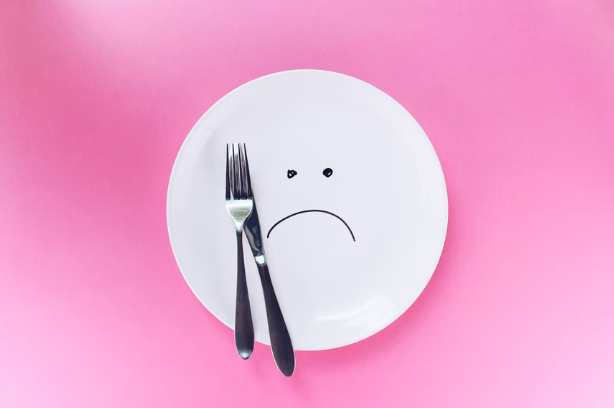The other day, a friend told me that they were really struggling to lose weight.
They said that they didn’t understand what the problem was.
They were working out pretty hard at the gym. And they were trying their best to eat healthy, though they did admit that they cheated once in a while.
I asked them what their calorie intake was on daily basis.
They looked confused and shrugged their shoulders.
“I’m not sure,” they said. “I just try to eat healthily.”
Here’s the real truth of the matter.
If you’re struggling to lose weight and get down to a healthy body weight, it’s highly likely that not specifically counting each calorie you ingest is playing a major role in the problem.
To an extent, health and weight loss can be divided into two basic categories.
On one hand, you want to try to feed your body healthy amounts of nutritional food instead of loading it up with empty calories and processed sugars.
As a general rule, the more nutrient-dense your food is, the better off you’re going to be.
But there’s also something to be said for counting the total number of calories that you consume every day.
Here’s the thing.
Even if you eat mostly nutritious foods, overeating on calories can actually really hinder your weight loss efforts.
There’s an old saying:
“You can’t outwork a bad diet.”
And it’s so true.
Many people have gone hard at the gym for an hour or more a day for months at a time, only to end up frustrated that the scale didn’t budge when they stood on it 2, 3, or even 4 months later.
Unfortunately, a lot of people aren’t counting their calories.
And this can create a false sense of what you consider should be weight loss, when in reality, you’re actually eating far more calories than you thought you were.
See, a contributing factor to this is that it’s really easy to get snacks and junk food in our culture.
Plus, there are a lot of extra calorie sources around us that we don’t even take into account.
For example, when you sit down to eat a salad, you may think to yourself:
“This is a healthy, nutrition-packed meal. I’m contributing to my health goals by eating this.”
And to a point, it probably is.
However, if you add up the calorie count of the croutons in the dressing, you’ll quickly find that those condiments alone may be pushing the calorie limit of that meal beyond what would normally be a healthy calorie deficit limit for someone of your body weight, height, and age.
Plus, snacks can be deceptively expensive where calorie count is concerned.
The other day, I went through a line at a convenience store and saw that there were some delicious-looking chocolate chip cookies individually wrapped and for sale by the display.
However, upon reading the nutrition information on the back, I was shocked to learn that each one of these cookies was 400 calories.
See, if I would have guessed how many calories they were, I probably would have guessed somewhere between 180 and 200.
Had I bought and eaten that cookie, I would have literally been consuming double the number of calories that I thought I was consuming.
And thus, we see how easy it can be—when you do that just a few times—to go over an ideal calorie limit.
So the moral of the story is this.
If you’re struggling to lose weight, a really good question to ask yourself is:
“Am I meticulously tracking all of my calories so that I know exactly how many I’m ingesting and consuming every day?”
If the answer is ‘no,’ then it may be in your best interest to buy a fitness journal and start recording those numbers to give yourself your greatest odds of success.












